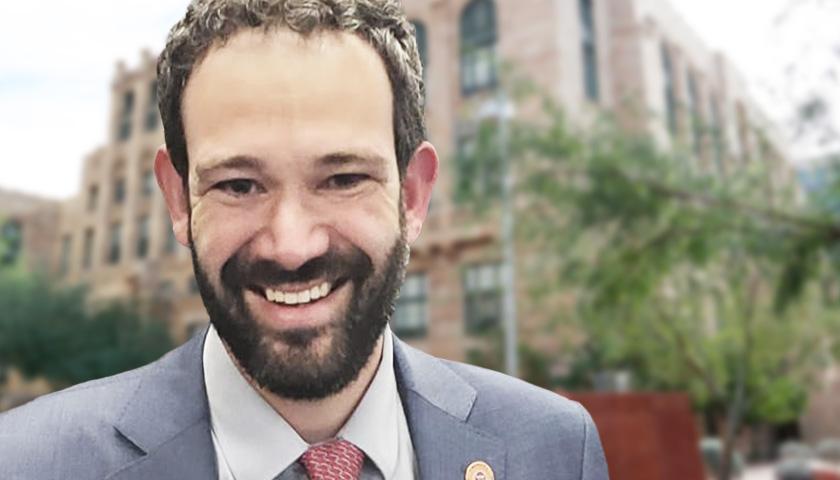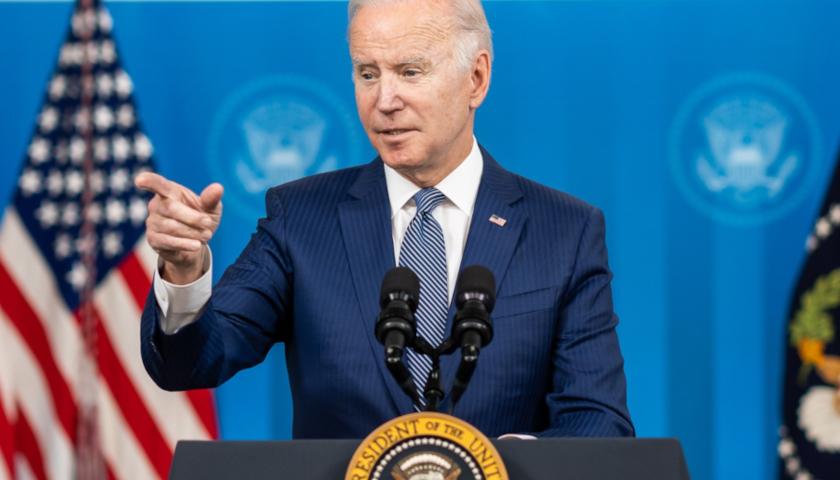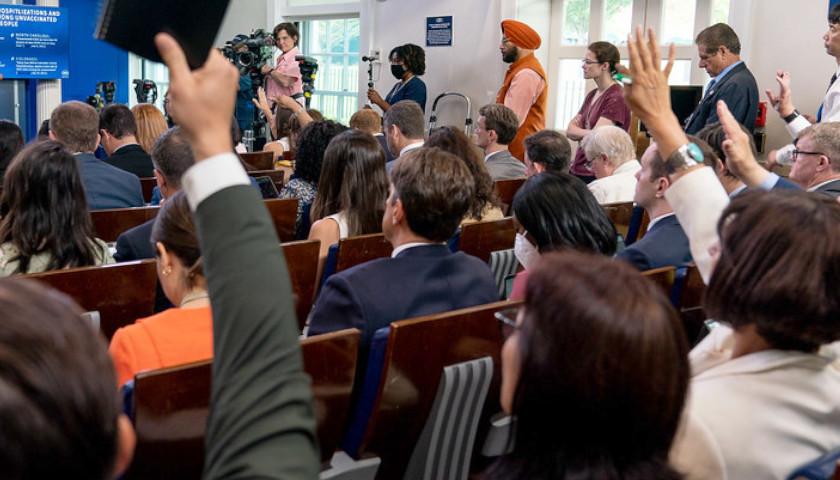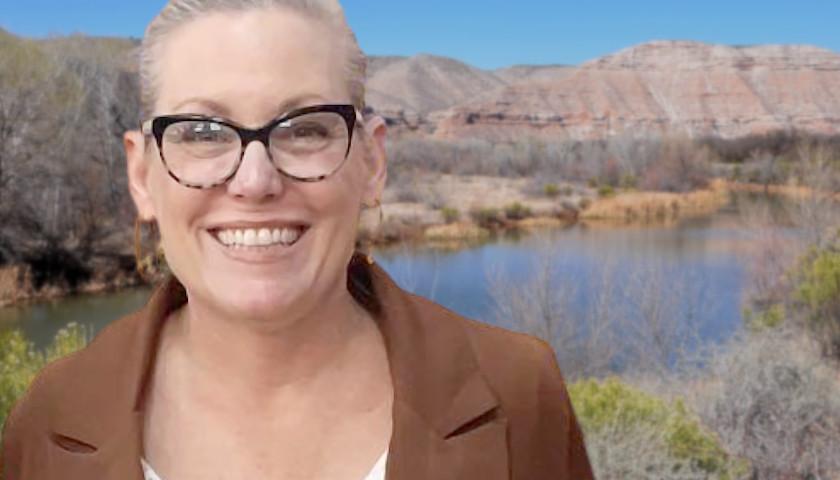Arizona State Representative Alexander Kolodin (R-Scottsdale) told The Arizona Sun Times that the State Legislature is trying to find an immediate solution to the water supply issues in the unincorporated Rio Verde Foothills (RVF) area. He called for all members of the State Legislature to come together, put politics aside, and pass a solution for the people who desperately need one.
“I sincerely hope that our politics is not so dysfunctional that we’re going to let trying to score political points stop 750 Arizona households from getting water,” Kolodin said in a phone interview.
The Proposed Solution
Kolodin sponsored a House bill (HB) that would potentially provide immediate relief to the RVF community, which has been without a steady water supply for over three months after being cut off by the city of Scottsdale. The bill, HB 2561, states that a municipality can enter an intergovernmental agreement (IGA) with a county to provide water to an area that does not have access to a sufficient supply. To enter the agreement, the area must have 750 or fewer residents and cannot reduce the water the city has access to.
The bill would allow Scottsdale to run outside water through its systems, sell that water to Maricopa County, and then Maricopa County would deliver that water to the RVF area. The county would bill the residents for the water.
For the bill to go into effect immediately, Kolodin attempted to pass it with an emergency clause requiring two-thirds of the House’s support. This is where the bill hit a snag, failing to pass the House Floor on March 9th. Despite pleas from some Republican members, the bill did not get the bipartisan support it needed, and Kolodin was forced to move for a reconsideration.
Policy Problems
Kolodin released a statement Wednesday addressing the situation. He stated House Democrats oppose his legislation because they want it to include a policy that would close the wildcat subdivision loophole, which may be the root cause of the water crisis.
As reported by The Sun Times, wildcat subdivision loopholes allow landowners to skip jumping through regulatory hoops before selling pieces of their land. If a plot of land is divided between six or more houses, it needs approval from the county board of supervisors, and builders must ensure a 100-year supply of water available to the residents. However, if the land is divided amongst five or fewer houses, the sell gets to bypass all red tape and fast-track selling their land. This comes at the cost of not having water assurance for buyers.
“Democrats have repeatedly tried to work with Republicans on closing the wildcat subdivision loophole that created this problem in the first place and we are either met with resistance or straight-up silence every time,” State Representative Stephanie Stahl Hamilton (D-Tucson) said in a statement explaining Democrats opposition to the bill.
However, Kolodin said that the Democrats proposed solution would cause problems. He told The Sun Times that the proposal would require every home built in Arizona to receive water assurance. While he said this works for developers, this would also affect average citizens who may want to build an additional house on their property.
“If you’re a developer and you’re developing a bunch of homes, you can afford the regulatory compliance and jump through all those hoops, but to require just an average person to do it is extremely onerous, and it deprives them of their right to enjoy and use their property,” Kolodin said.
In his statement, Kolodin said wildcat subdivisions are already illegal in Arizona, so there is no need to create an additional policy to combat them. However, he said that Republican Legislators have “offered to add additional teeth to Arizona’s existing prohibition on this already illegal behavior to address the Democrats’ concerns[.]”
Kolodin told The Sun Times that these “additional teeth” could come as separate legislation or be attached to his current bill. Additionally, he said his proposals to further crackdown on the loophole had reignited his discussions with Democrats.
“I’m hoping that [policy discussions] will continue,” Kolodin said.
Playing Politics
However, House Democrats accused Kolodin of playing politics by intentionally misrepresenting their opposition to his bill. While explaining her opposition to the bill on the House Floor, Stahl Hamilton mentioned that Native Americans have also struggled with maintaining a water supply, but the state has historically not acted with urgency to protect those people. Stahl Hamilton then spoke again on the Floor Wednesday and accused Kolodin of misrepresenting this sentiment to the public.
She claimed that Kolodin spoke to RVF residents on Wednesday, telling them Democrats do not want to give water to “rich white people in Scottsdale” because of how Native Americans have been treated in the past. Robbie Sherwood, the spokesperson for the Arizona House Democrats, The Sun Times via email that Kolodin’s comment is inaccurate and that mentioning Native Americans was an observation, not a rationale for the opposition.
Additionally, Sherwood shared an audio file of the speech Kolodin gave to RVF residents with The Sun Times. Kolodin is heard saying he wants to make it “politically painful” for Democrats in moderate districts to vote against this bill. He repeated this sentiment on the House Floor by saying he is doing what is necessary to provide his constituents with a necessary resource.
“If I have to try to bring public pressure to bear, to get people water, to satisfy our duties to the people of Arizona, then that’s what I’m going to do,” Kolodin said.
Nonetheless, Sherwood told The Sun Times that Democrats want to ensure that another situation similar to RVF can never happen again.
Ultimately, summer is approaching, and the people of RVF are reportedly desperate for a solution. Kolodin extended the reconsideration period for SB 2516 until April 5th, giving both sides more time to come to an agreement.
– – –
Neil Jones is a reporter for The Arizona Sun Times and The Star News Network. Follow Neil on Twitter. Email tips to [email protected].
Photo “Alex Kolodin” by Alex Kolodin for State Rep. – LD 3. Background Photo “Maricopa County Courthouse” by Visitor7. CC BY-SA 3.0.





